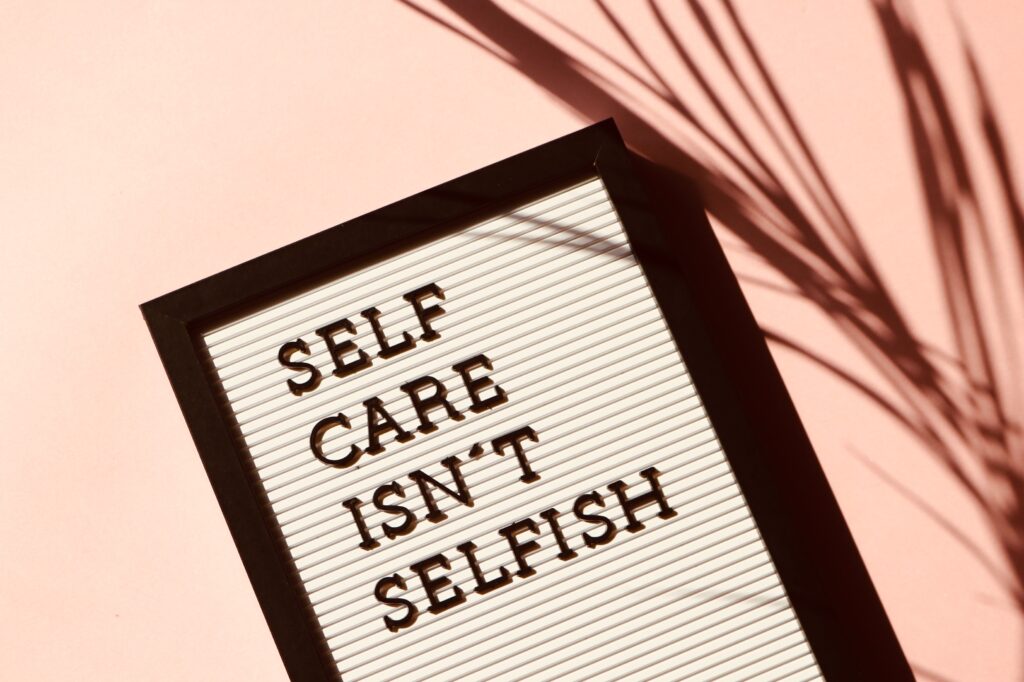
BY: Jessica Alldredge
No one could have ever planned for the curve-ball 2020 has been. No one ever expected to be battling a pandemic when they rang in the New Year. The changes that have impacted us as a whole this year have left many of us reeling and perhaps feeling very out of touch.

Social distance was enacted, and many of us may have been missing that social component in our lives. Jobs disappeared, worry about health increased, and school culture changed drastically. All of these things that we weren’t expecting are suddenly a cause of deep depression and anxiety.
How do you take care of your mental health when things turn upside down? Brittany Asuncion, a Mental Health Therapist and a Counselor at the Auburn University at Montgomery Counseling Center, was kind enough to give some insight into how to take care of yourself and keep your mind healthy in this time of uncertainty.
Asuncion suggests daily self-check-ins to monitor where you are mentally. Check how you’re feeling and focus on how it’s affecting your mood. “A big part of what I have learned from all of this is identifying what is the most challenging or difficult thing going on right now and [how] can we focus on that?” Asuncion says. She suggests that this is healthier than trying to focus on the pandemic and all of the issues that come with it.
When it comes to helping students Asuncion tries to help them find something that they can control in their immediate environment. Asuncion suggests an exercise routine (while being safe) can help to gain some sense of control and engage one’s mind in something else, getting you out of yourself and shifting the focus elsewhere.
Mindfulness is another therapeutic technique that she suggests when it comes to taking care of your mental health. Mindfulness is when you focus on your surroundings, and take in your thoughts, feelings, and bodily sensations and start accepting them in the present moment. It can make you more grounded and aware, making it a little easier to focus on life as it happens.
Asuncion suggests that if you wake up anxious, “one thing you can do is practice that mindfulness when you wake up in the morning… that can be any kind of mindfulness. It can be grounding techniques, it could be mindfulness meditation, it could be deep breathing exercises… really just showing yourself compassion.”
Asuncion says that showing yourself compassion and being non-judgmental to yourself about the mental state you’re in can go a long way to helping keep your mind healthy.
Three to five minutes of a daily mindfulness exercise routine can make a difference in your mental health. “Mindfulness we know can bring [you] back to a calmer, more balanced state,” Asuncion says.

For more information on taking care of your mind, Asuncion suggests visiting the National Alliance on Mental Illness website, NAMI.org. The website can provide helpful tools to get you started on taking care of your mind.
The CDC also has some suggestions as to how you can help yourself during this time of discomfort and disruption.
- Try to eat healthy, exercise, and get plenty of sleep
- Meditate and take time to decompress
- Connect with others or a community that you trust
- Take breaks from media and news sources
- Take care of your emotional health as well as your mental health
- And finally, know where you can go if you need to get help.
If you or someone you know is in need of help with mental health, the AUM Counseling Center is available. You can set up a time to talk by email (counselingcenter@aum.edu) or by phone at (334) 244-3469. They also have online events every Tuesday and Thursday dedicated to helping you create healthy mental coping skills. Don’t hesitate, the AUM Counseling Center is here to help.
